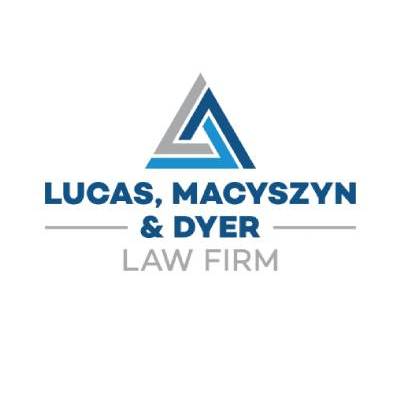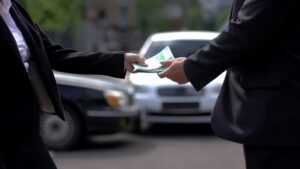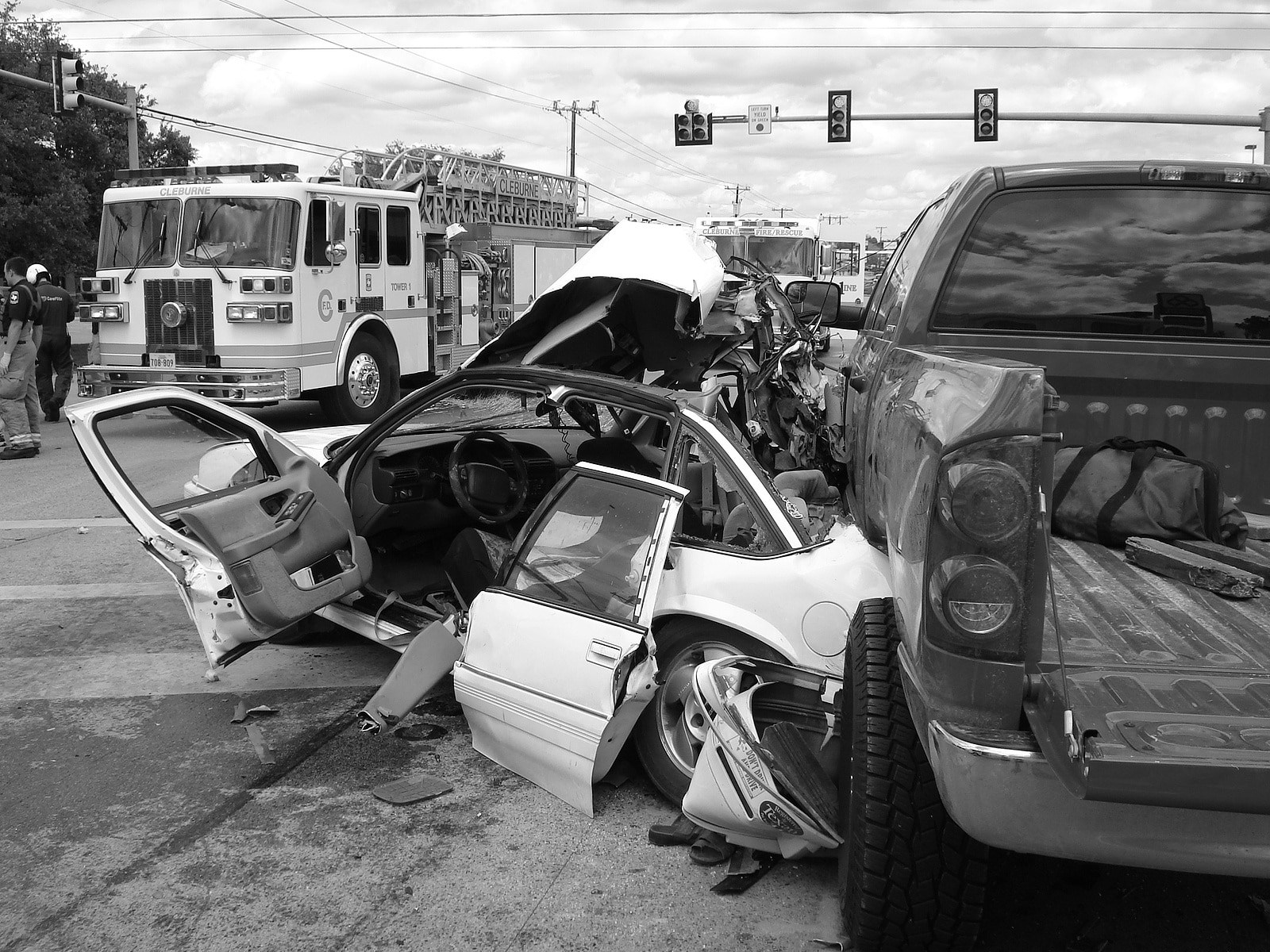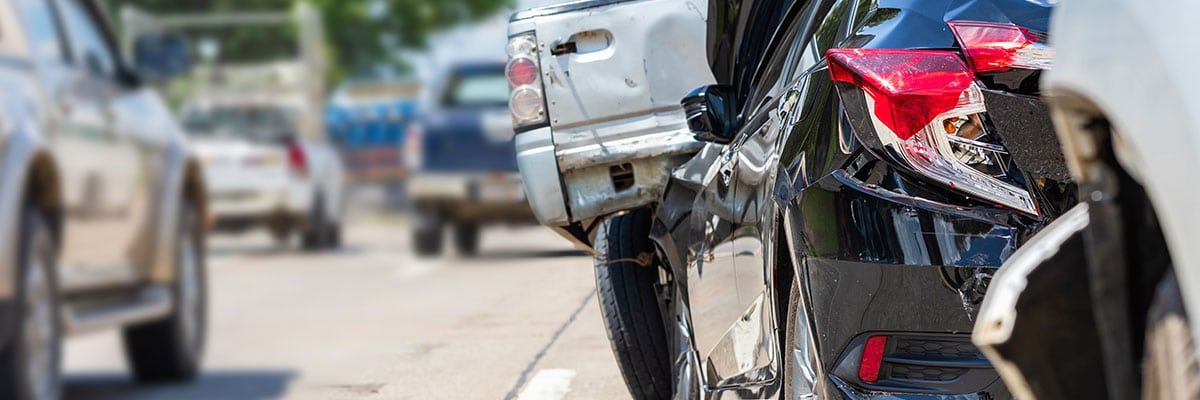
When individuals suffer injuries in a car crash resulting from someone else’s negligence, they may be eligible for settlement compensation. The settlement process begins when an accident victim’s attorney files a claim with the appropriate insurance company. In most instances, that insurance company is the at-fault driver’s insurer. After filing a claim, negotiations will typically continue until the parties either resolve their case through settlement or reach an impasse.
One of the most important steps you can take after a car accident, in addition to seeking same-day medical treatment, is to retain a knowledgeable car accident attorney to represent you. Your lawyer can first investigate your accident circumstances and determine your eligibility for filing a personal injury claim. If you’re eligible to file a claim, your lawyer can explain your options and begin the settlement process for you.
Moreover, your attorney can negotiate with the insurance company and pursue the highest settlement offer available. If the insurance company does not compensate you appropriately, your lawyer can file a lawsuit, litigate your case in court, and, if necessary, take it to a civil jury trial or binding arbitration hearing.
Unlike lawyers for insurance companies and other big businesses, personal injury attorneys advocate only for the accident victims whom they represent. Therefore, you can rest assured that your attorney will act in your best legal and financial interests and pursue the total amount of damages you deserve to recover for your accident-related injuries.
Common Injuries That Car Accident Victims Suffer

Car accident victims may suffer serious injuries which wind up permanent, depending upon the situation. The injuries that a car accident victim suffers usually depend upon how their body moves in the car during the impact and whether or not they strike something in the vehicle like the steering wheel, console, door frame, window, or headrest. A forceful impact can also forcibly eject a driver or passenger from their vehicle, causing them to suffer a spinal cord injury or paralysis injury.
Some of the most common injuries that car crash victims suffer include:
- Traumatic head and brain injuries.
- Soft tissue contusions.
- Broken bones.
- Internal organ damage.
- Spinal cord injuries.
- Paralysis injuries.
- Death.
Even if you are unsure whether you suffered an injury in your car accident, you should still follow up at a local emergency room or urgent care center for treatment. This is because many injury symptoms do not appear right away. They may take several days or weeks to manifest. This is especially true when it comes to soft tissue injuries including muscular sprains, strains, contusions, and traumatic head and brain injuries, like concussions.
A medical provider on duty at an emergency facility can physically examine you and order the necessary imaging studies, including X-rays and MRIs, to accurately diagnose your medical condition. If you require emergency treatment, the ER physicians can set you up for your surgery or other necessary medical procedure.
The ER doctor can also recommend future care if you need it. For example, you might need to follow up with your primary care doctor if your symptoms become worse. Alternatively, you may need treatment from a neurologist, orthopedist, or physical therapist for your accident-related injuries.
Failing to seek prompt medical treatment after a car accident may have negative consequences for your personal injury claim or lawsuit. When an insurance company sees that an accident victim delayed their medical treatment—or that they failed to treat continuously for their injuries the adjuster handling the claim may assume that their injuries are not all that serious. Alternatively, the adjuster may believe that the accident victim did not prioritize their medical treatment after their car accident.
Seeking medical treatment early often helps to ensure that car-accident injuries do not worsen, and it shows insurance company adjusters that your injuries are legitimate.
While you focus your attention on getting better, your lawyer can begin gathering your medical treatment records and bills, lost wage documents, injury photographs, police reports, and other potential evidence for your case, and assemble them into a settlement demand. Once all of your medical treatment is complete, the adjuster can evaluate your claim and make an offer to settle.
During the litigation stage of your case, your attorney can help you decide whether you should accept a particular settlement offer or reject it and make a prompt counteroffer. Your lawyer can then assist you throughout the settlement negotiation process and work to pursue the most significant possible damages on your behalf.
Types of Car Accidents that Occur
When drivers operate their vehicles negligently, they may cause serious accidents, leaving other drivers and their passengers severely injured and damaged.
Some of the most common traffic accidents that result from driver negligence include:
- Rear-end collisions, where the front of a vehicle strikes the back of another vehicle, usually in a traffic back-up or near an intersection where traffic backs up quickly
- Head-on collisions, where the fronts of two vehicles strike one another, usually when traveling in opposite lanes of traffic
- Sideswipe accidents, where the sides of two vehicles strike one another while moving forward in the same direction, usually on a multi-lane interstate highway
- Broadside collisions, or T-bone accidents, where the front of a vehicle strikes the side of another vehicle, usually at a traffic intersection or highway merge lane where the at-fault driver fails to watch the road
If you suffered injuries in any of these accidents that occurred due to driver negligence, it is essential that you have an experienced car accident attorney on your side advocating for you at all times. Your lawyer will review your legal options with you and help you decide on the best course of action for your claim or lawsuit.
How Do Car Crashes Happen?
Car crashes usually occur when drivers operate their vehicles in a negligent, reckless, or careless manner. Negligent driving takes many forms, but it usually involves a driver engaging in distracted driving, violating one or more road rules, or drinking and driving.
Drivers engage in distracted driving when they ignore the road. Some distracted drivers make phone calls without using a Bluetooth device, text while driving, listen to loud music in their vehicle, or roughhouse with vehicle passengers, turning their attention away from the road. When a driver turns their head to the side or looks down, even for a few seconds, that may be enough time for them to miss an approaching vehicle and cause a forceful impact.
Car crashes also happen when drivers regularly violate road rules. The purpose of road rules is to keep drivers and passengers safe. However, when drivers speed, tailgate, fail to use turn signals and fail to yield the right-of-way at the appropriate time, they increase their likelihood of causing a traffic accident.
Moreover, when drivers engage in road rage, they are more likely to cause accidents than when they drive calmly and carefully. Road rage is a driver’s overreaction to a perceived or actual roadway situation that arises. For example, a driver may become angry and start honking their horn when another driver doesn’t drive fast enough. At other times, an enraged driver might aggressively weave in and out of traffic, fail to use a turn signal or speed inadvertently causing a severe accident.
Finally, some car accidents occur when drivers operate their vehicles while under the influence of drugs or alcohol. When a police officer arrests a driver for suspected DUI, the driver must usually undergo a breathalyzer test or some other type of chemical testing. If a breathalyzer reading shows that the driver has a blood alcohol concentration (BAC) of at least 0.08 percent, then that driver is legally intoxicated. Stricter standards apply for commercial drivers including tractor-trailer operators and minor drivers who are under 21 years of age.
Drivers may incur criminal penalties when they sustain a DUI conviction, and they may lose their driver’s license for a significant period of time. This is because alcohol significantly impairs a driver’s ability to operate their vehicle safely, decreasing their reaction time and often causing physical symptoms, including blurred vision. When a driver drinks and drives, they are significantly more likely to cause a bad traffic accident.
If you suffered injuries in a car crash that resulted from driver negligence, your lawyer can help you file a claim or lawsuit and pursue the total amount of compensation you deserve. Your lawyer will negotiate with the insurance company on your behalf and, if necessary, take your case to court for a prompt and favorable resolution.
The Car Accident Settlement Process

In most instances, the first step to pursuing settlement compensation is to file a claim with the at-fault driver’s insurer. Once the accident victim’s lawyer submits a demand package, which usually includes related medical records, medical bills, lost wage documents, police reports, injury photographs, and property damage photographs, the adjuster will decide whether to accept or deny liability for the accident. If the adjuster accepts fault, settlement negotiations may begin.
Initial settlement offers from insurance companies are usually far below the actual value of a car accident claim. Therefore, to recover a higher settlement offer, the accident victim’s lawyer must typically negotiate with the adjuster numerous times. After several rounds of negotiations, the parties will either settle their case or reach an impasse.
If the accident victim accepts a settlement offer, the case will end, and the accident victim’s lawyer will help them conclude the case by signing a release. A release essentially states that the accident victim will not file a claim or lawsuit arising out of the same set of circumstances in the future.
After signing a release, the insurance company will promptly issue a check for the gross settlement amount.
However, out of this gross settlement, your attorney may need to deduct:
- Their agreed-upon attorney’s fee, which is usually a percentage of the total recovery
- File expenses, including copying costs and the costs of obtaining medical records and other documents
- Any outstanding medical bills
- Any outstanding liens, including those from health insurance providers
The accident victim will then receive the net proceeds.
If the case does not settle, the accident victim’s lawyer can file a lawsuit in court and begin litigating the case. However, settlement negotiations may still continue, and the case can resolve at any point before trial.
Recovering Damages in a Car Accident Settlement
The primary purpose of filing a car accident claim is to recover settlement damages. Since all car accident cases are different, the damages that one accident victim recovers may differ from those another accident victim receives.
First, car crash victims may recover economic damages for their out-of-pocket costs, medical expenses, and lost wages. They may also recover non-economic damages, including compensation for their mental anguish, pain and suffering, inconvenience, loss of the ability to use a body part, loss of spousal companionship, loss of life enjoyment, and permanent disfigurement.
Your lawyer can determine which of these damages you may recover and can help you maximize your compensation through either settlement or litigation.
Call a Knowledgeable Car Accident Attorney Today to Learn More
If you suffered injuries in a car crash that someone else caused, you should first seek the medical treatment that you need. Next, you should retain a car accident lawyer in your Florida area to represent you throughout your case. In addition to investigating your accident circumstances, your lawyer can meet with you to discuss your injuries and medical treatment.
Next, your lawyer can file a claim with the appropriate insurance company and pursue settlement compensation on your behalf. If the insurance company does not offer you fair damages, your lawyer can litigate your case in court and, if necessary, take it to a jury trial, mediation hearing, or binding arbitration proceeding.
Car accident attorneys only represent injured accident victims; they do not represent large corporations and stingy insurance companies. Therefore, your car accident attorney will only advocate for you throughout your personal injury claim or lawsuit and will have your best interests at heart. Your Florida personal injury lawyer will do everything they can to highlight the strengths of your personal injury case, downplay any weaknesses, and pursue the maximum damages available to you in your case.



